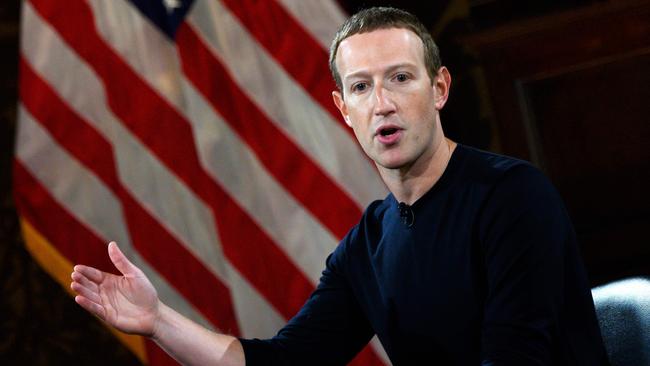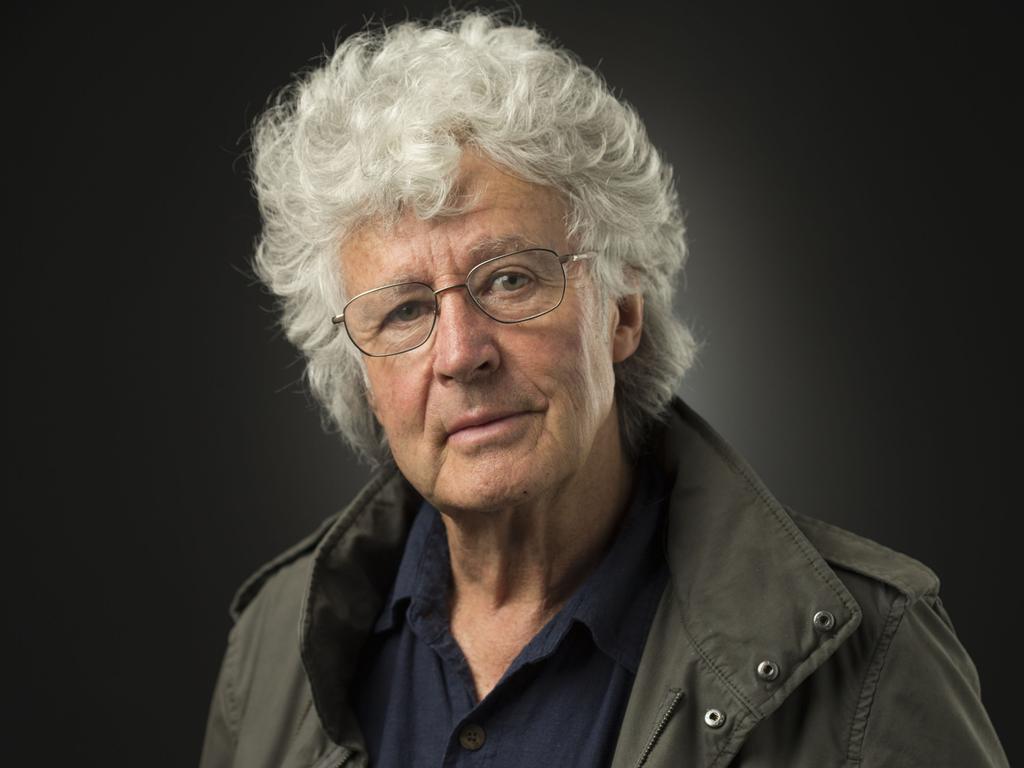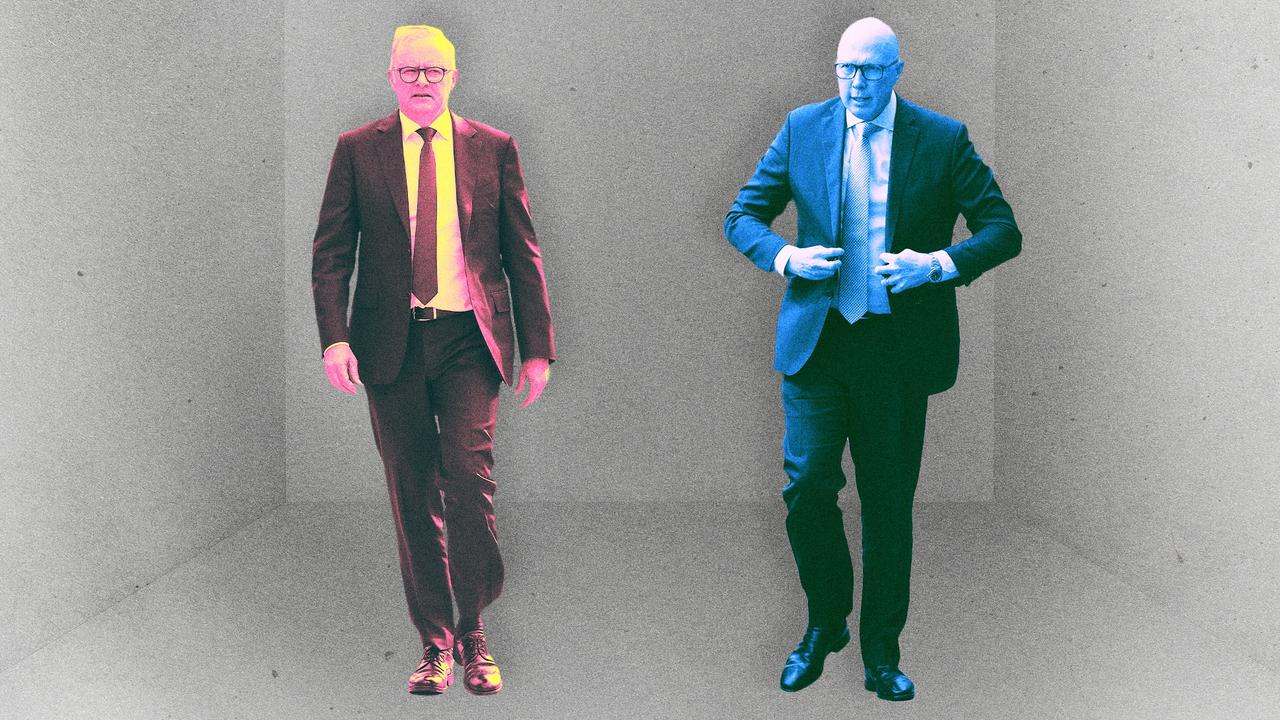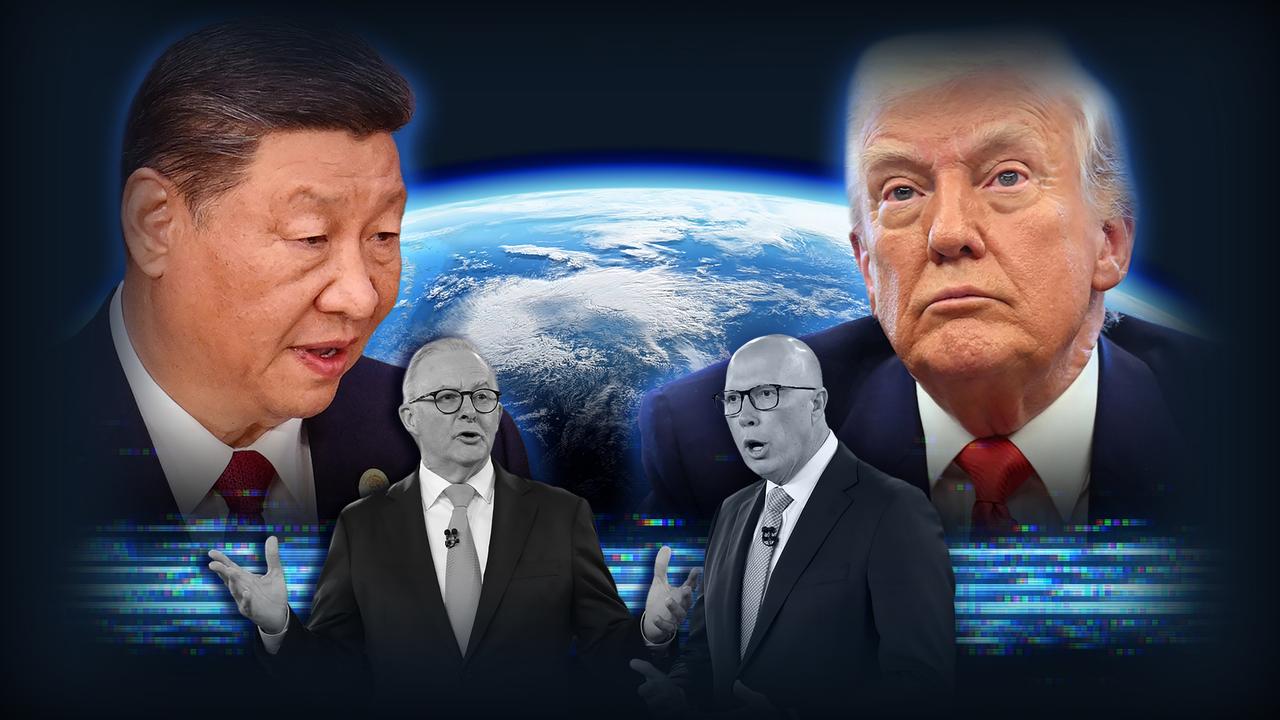Libertarian Zuckerberg finds common cause with Trump on free expression
He supported Hillary Clinton and Joe Biden against Donald Trump, but the tech titan seems to have shifted his support, welcoming an end to the woke censorship of different viewpoints.

As pointed out recently in this column, in late November 2024 American political analyst EJ Dionne appeared on ABC Radio National Breakfast. Shortly after, the ABC’s own Chas Licciardello declared on ABC RN’s Late Night Live that Trump “becomes a lame duck president from here”. Dionne had made this assessment earlier.
The point here, if point there was, turned on the political reality that the US constitution entails that a president can serve only two terms. And president-elect Trump’s second term starts next Monday (US time). In short, he will not be president after January 20, 2029.
It would seem that the likes of Dionne and Licciardello do not believe that four years is a long time in politics.
Not so the various visitors who have been paying court to Trump in recent times at his resort in Palm Beach, Florida. The list includes political leaders such as Justin Trudeau (Canada), Giorgia Meloni (Italy) and Javier Milei (Argentina), plus business executives such as Mark Zuckerberg (Meta and Facebook), Jeff Bezos (Amazon), Tim Cook (Apple), Masayoshi Son (Softbank), Shou Zi Chew (TikTok), Sundar Pichai (Google and Alphabet) and Sam Altman (OpenAI).
What does this lot have in common, readers may wonder. Not much, it would seem. Except that none takes notice of the “expert” comment on US politics carried on the Australian taxpayer-funded public broadcaster by the likes of Dionne and Licciardello.
Certainly Zuckerberg does not regard Trump as a lame-duck president. He dined with the president-elect and members of his team in Palm Beach on November 27.
Moreover, Zuckerberg has donated to the Trump-Vance Inaugural Committee Inc and he will be in the front row at the inauguration – along with Bezos, Pichai, Cook and Tesla chief executive Elon Musk (who has been hanging out at Mar-a-Lago for quite some time).
Not long after his return from Florida, Zuckerberg took to Facebook to express his concern about freedom of expression in the US.
He had this to say: “It’s time to get back to our roots around free expression on Facebook and Instagram.”
Zuckerberg continued: “After Trump got first elected in 2016, the legacy media wrote non-stop about how misinformation was a threat to democracy. We tried, in good faith, to address those concerns without becoming the arbiter of truth. But the fact-checkers have just been too politically biased and have destroyed more trust than they’ve created.”
Zuckerberg added “over the next couple of months, we’re going to phase in a more comprehensive community note system”.
This is the system in operation on Musk’s platform, X. It enables readers to submit comments that will be carried under the post being contested if deemed to be reasonable.
It is widely known that Zuckerberg supported Hillary Clinton (against Trump) and Joe Biden (against Trump) in 2016 and 2020 respectively. His move towards Trump probably contains a degree of business self-interest.
After all, Trump led his Republican Party to victories in the presidential and Senate elections in November 2024. Moreover, the Republicans retained a majority in the House of Representatives.
Yet Zuckerberg is not a product of the American left.
In a perceptive article in The New York Times on January 7, Sheera Frenkel and Mike Isaac quoted tech executive Katie Harbath as saying Zuckerberg “is feeling that society is more accepting of those libertarian and right-leaning viewpoints that he’s always had”.
Harbath says she sees the Meta chief executive’s position as “an evolved return to his political origins”.
There was a time when the political left opposed censorship and advocated free speech (even if it did not always practise what it preached). Moreover, it tended to be the right that advocated a degree of censorship, especially with respect to moral and social issues.
Not any more. As Zuckerberg and others well know, it is the left that is weaponising concepts such as misinformation and disinformation as a means of closing down debate.
At the ABC, for example, the terms are invoked as a means of justifying lack of viewpoint diversity and rationalising its existence as a conservative-free zone.
Across the past decade in Australia, free speech has been constrained by the existence of section 18C of the federal Racial Discrimination Act.
Writing in these pages on November 19 last year, lawyer Michael Sexton commented that the section “makes unlawful statements that offend, insult, humiliate or intimidate an individual or group in the community because of race, colour or national or ethnic origin of the individual or the group”. Sexton wrote that “the problem here is that the provision almost invariably targets the expression of political opinion”.
In the recent Federal Court case of Faruqi v Hanson, Justice Angus Stewart found against senator Pauline Hanson and for senator Mehreen Faruqi after Hanson issued a post saying that Faruqi should “piss off back to Pakistan”. The Pakistan-born Faruqi is a Muslim who was educated at a private Catholic school in Lahore. However offensive, the comment was not criminal nor was action taken by means of defamation.
A similar result was evident in the 2012 case of Eatock v Bolt. There, Justice Mordy Bromberg found not only that journalist Andrew Bolt had made inaccurate and offensive comments concerning “fair-skinned Aboriginal people” but objected to the “tone” of his comments. The judge even stated, on occasion, that Bolt’s comments should be read “between the lines”.
As we know, nothing is printed between the lines.
The previous Coalition government attempted to abolish section 18C but failed to get its legislation through the Senate. Section 18C will be with us for a long time.
Public figures, such as the applicants in the above cited cases, have opportunities to take legal action if they are offended – without setting precedents that adversely affect the rights of others.
As Zuckerberg now recognises, freedom of expression is a fundamental right that is under challenge. The fact Trump is no lame duck should advance the cause.
Gerard Henderson is executive director of The Sydney Institute.







Since the ABC is in the process of presenting its talent for 2025, it’s an appropriate time to reassess its “expert” commentators on the US as America enters the second presidency of Donald J. Trump.